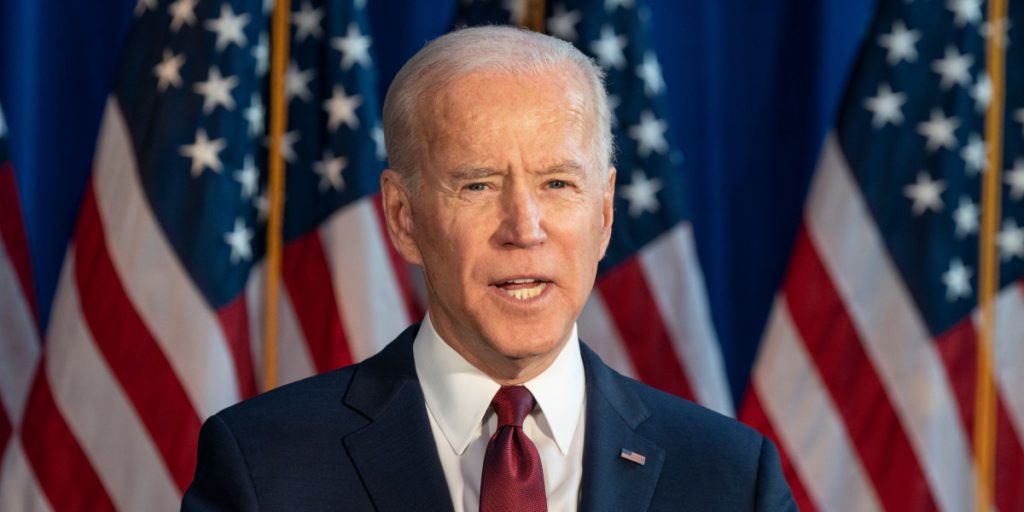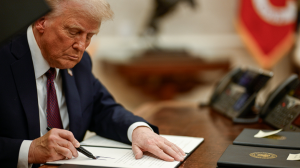Biden’s Approval Ratings Stall Amid Economic Gains, New Poll Shows.
Others are reading now
Despite a more optimistic view among registered voters regarding the state of the nation’s economy, President Biden’s approval ratings have not seen a corresponding uplift, a recent survey conducted by the New York Times-Siena College reveals.
The poll, which took place from February 25 through February 28, uncovered a 6 percentage point increase in the number of respondents who rate the economy as either good or excellent, rising to 26% from a previous poll in July.
However, this improved economic perception has not mirrored in President Biden’s approval metrics. Interestingly, while the economy shows signs of recovery with falling inflation rates and wage growth outstripping certain price hikes, Biden’s job approval rating experienced a slight decline.
According to the poll, only 36% of respondents approve of the President’s job performance, marking a 3 percentage point decrease within the margin of sampling error of 3.5 points.
Also read
The juxtaposition of these findings suggests a complex voter sentiment landscape. On one hand, there’s a growing sense of economic optimism among the electorate, possibly buoyed by tangible improvements in inflation and wage dynamics. On the other, this optimism doesn’t seem to extend to the political sphere, particularly in terms of bolstering the President’s standing among voters.
This scenario raises several questions about the factors influencing voter perceptions and the disconnect between economic satisfaction and political approval. While economic indicators are showing positive trends, a sizeable portion of the electorate, 40%, still perceives the economy as being in a worse state compared to the previous year, overshadowing the 26% who view it as improved.
Such data points to the multifaceted nature of public opinion, where economic improvements alone may not suffice to sway political approval ratings significantly. It suggests that while economic policy achievements are crucial, they might not directly translate to higher approval ratings without addressing other underlying issues affecting voter sentiment.








